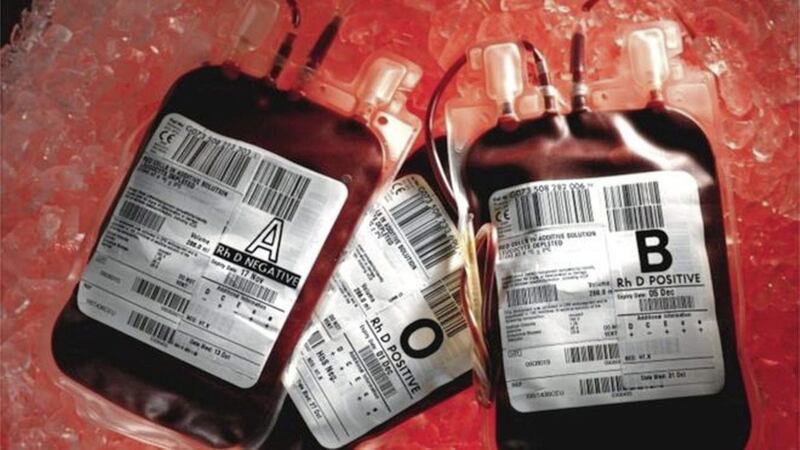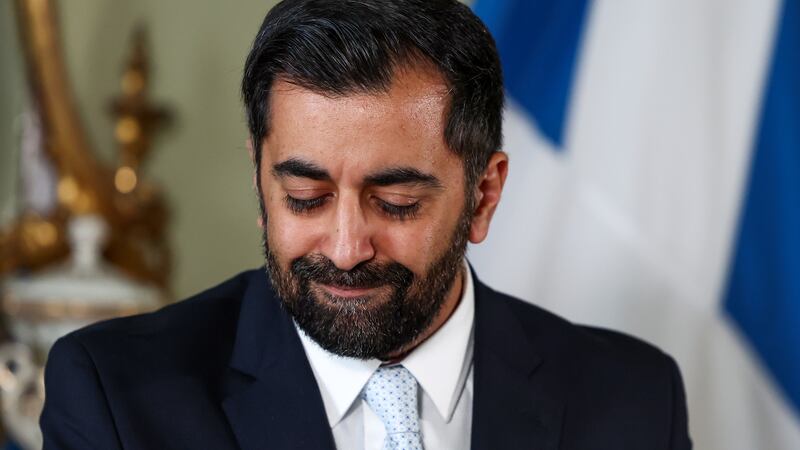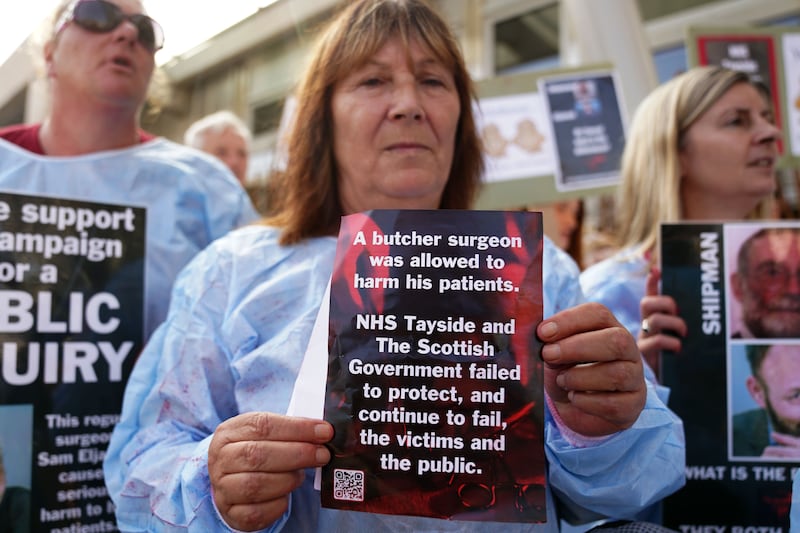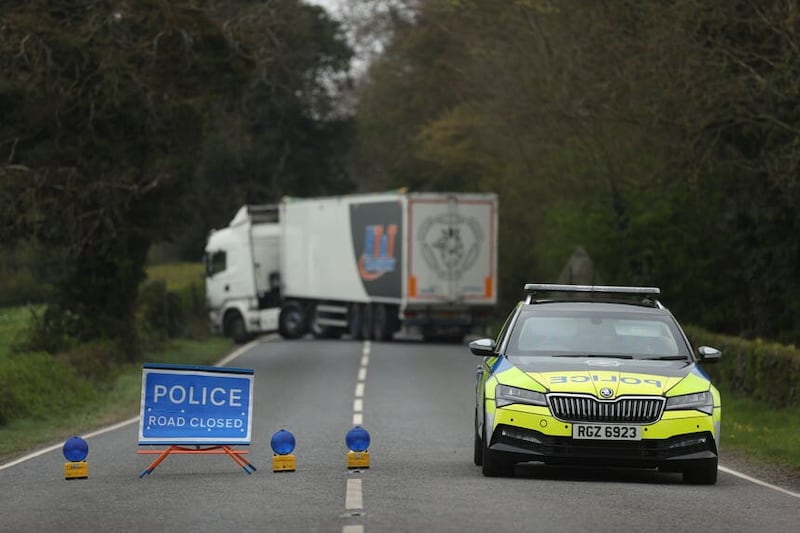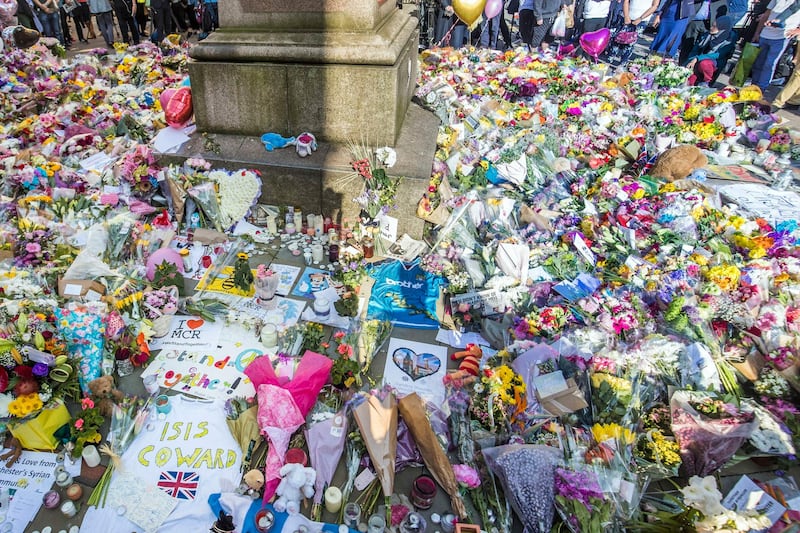A PUBLIC inquiry into the contaminated blood scandal which left at least 2,400 people dead is the worst tragedy to hit the NHS, victims have said.
At the opening day of the long-awaited hearing in London, patients affected also called for those responsible to be prosecuted.
The inquiry will consider the treatment of thousands of people in the 1970s and 1980s who were given blood products infected with hepatitis viruses and HIV, and the impact this has had.
People from Northern Ireland are among those who will give evidence, including one man who became infected as a teenager when he underwent an eye operation in 1974 following a car accident. It was not until the 1990s he discovered he was infected with hepatitis C during the procedure.
"In my 30s it became evident there was something wrong," Co Antrim man Nigel Hamilton told the BBC.
He said it came as a "hammer blow" to him and his family when he was diagnosed and had to inform his wife and children they too had to be tested for the condition
"At that stage I was married with four sons...it devastated my marriage, unfortunately all trust was gone.
"I've lost an awful lot."
Speaking at the opening day of the hearing, which is expected to last two-and-a-half years, victim Michelle Tolley from Norfolk said:
"Anyone who may be responsible... they need to be held accountable and prosecuted if needs be - I strongly believe that," the mother-of-four said.
"People need to know that this tragedy happened," she said. "This is the worst tragedy in the history of the NHS and it must never ever happen again, absolutely never."
The 53-year-old was infected following a blood transfusion after the birth of her child in 1987 and another in 1991 - she eventually found out in 2015 that she had Hepatitis C.
Sir Brian Langstaff, chairman of the inquiry, previously said the probe would examine whether there had been an attempt to cover up the scandal, and has promised a "thorough examination of the evidence".
According to the terms of reference, which were published in July, the inquiry will consider "whether there have been attempts to conceal details of what happened" through the destruction of documents or withholding of information.
It will also consider if those attempts were deliberate and if "there has been a lack of openness or candour" in the response of the British government, NHS bodies and other officials to those affected.
Prime Minister Theresa May announced in July last year that an inquiry would be held into the events over the two decades, when thousands of haemophiliacs and other patients in the UK were given infected blood products.
The announcement was welcomed at the time by campaigners, who have been pressing for years for an inquiry into the import of the clotting agent Factor VIII from the US.
Much of the plasma used to make the product came from donors such as prison inmates, who sold blood which turned out to be infected.
